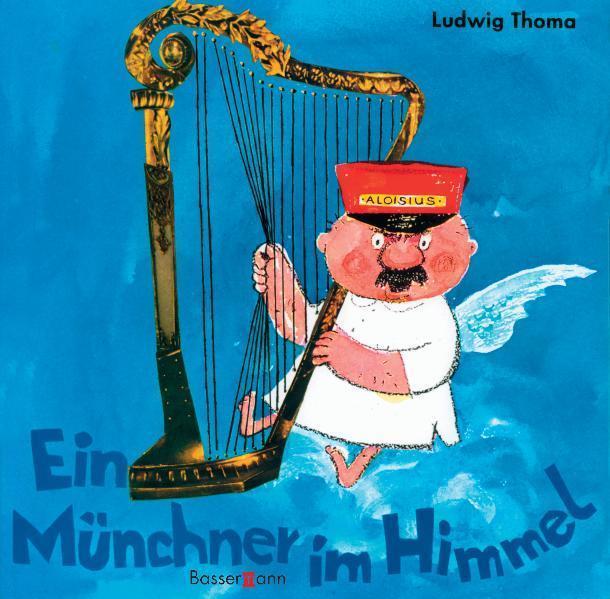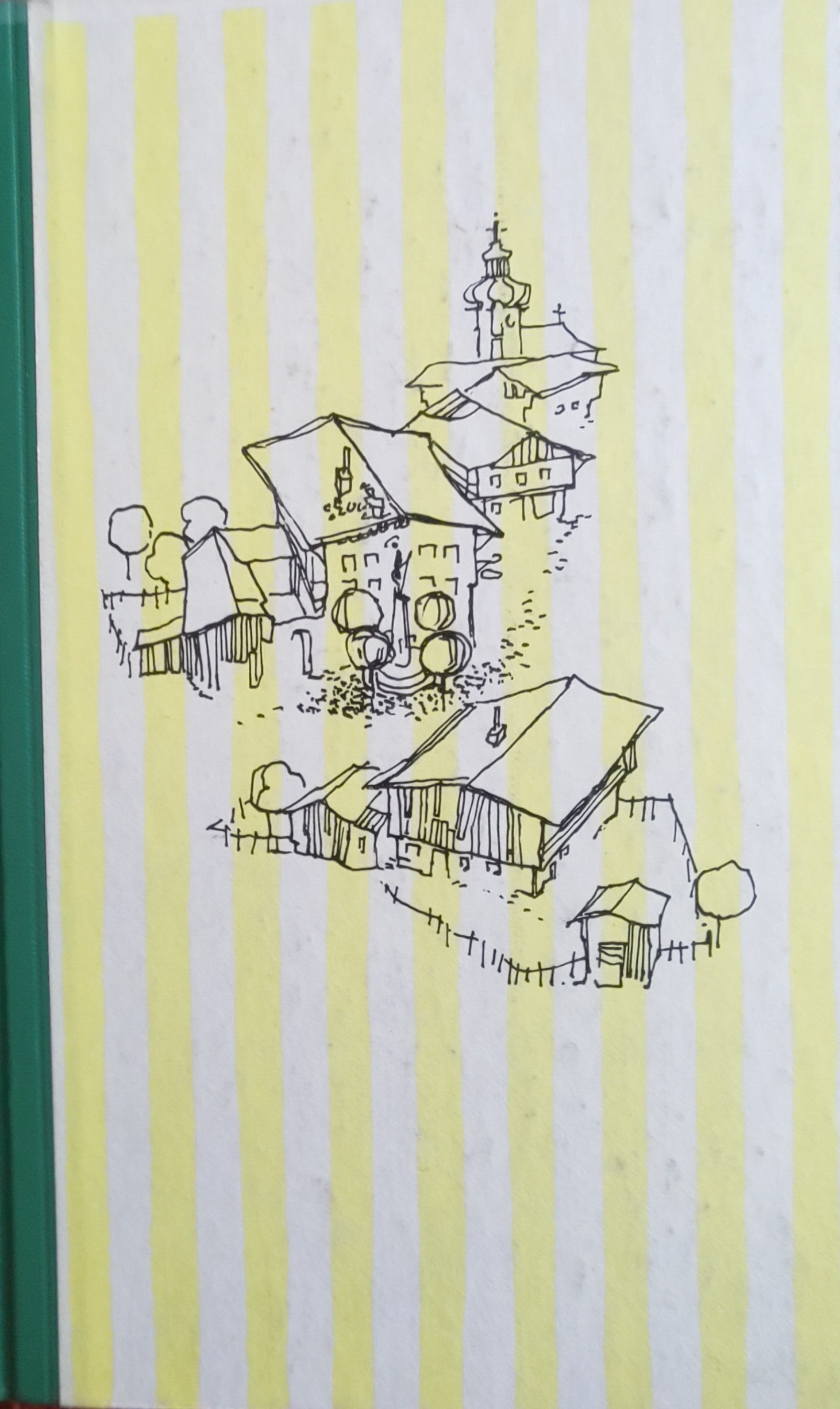Ludwig Thoma (German: [ˈluːt.vɪç ˈtoː.ma] (listen); 21 January 1867 in Oberammergau – 26 August 1921 in Tegernsee) was a German author, publisher and editor, who gained popularity through his partially exaggerated description of everyday Bavarian life. After graduation from the Imperial Latin School in Landstuhl (today: Sickingen- Gymnasium Landstuhl), he first studied Forestry in Aschaffenburg, then Law until 1893 in Munich and Erlangen. Subsequently, he settled down as a lawyer, at first in Dachau, later in Munich. After 1899, he worked for the magazine Simplicissimus and published humorous narrations, comedies, novels and stories. Thoma satirized Bavarian rural and small-town life. His serious peasant novels Andreas Vöst (1905), Der Wittiber (1911), and Der Ruepp (1922), as well as his humorous collections Assessor Karlchen (1900), Lausbubengeschichten (Tales of a Rascal, 1904), and Tante Frieda (Aunt Frieda, 1906), are characterized by authenticity of regional language and life. Thoma's dramas, including Die Medaille (The Medal, 1901), Das Säuglingsheim (The Orphanage, 1913), and especially Moral (1908), reflect elements of folk theatre. In 1907 he married 25-year-old Marietta di Rigardo, who was born in the Philippines. The marriage, however, did not last; Marietta was soon bored and by 1911 Thoma and Marietta were divorced. In the …
Ludwig Thoma
Author details
- Born:
- Dec. 28, 1867
- Died:
- Dec. 28, 1921
External links
Ludwig Thoma (German: [ˈluːt.vɪç ˈtoː.ma] (listen); 21 January 1867 in Oberammergau – 26 August 1921 in Tegernsee) was a German author, publisher and editor, who gained popularity through his partially exaggerated description of everyday Bavarian life. After graduation from the Imperial Latin School in Landstuhl (today: Sickingen- Gymnasium Landstuhl), he first studied Forestry in Aschaffenburg, then Law until 1893 in Munich and Erlangen. Subsequently, he settled down as a lawyer, at first in Dachau, later in Munich. After 1899, he worked for the magazine Simplicissimus and published humorous narrations, comedies, novels and stories. Thoma satirized Bavarian rural and small-town life. His serious peasant novels Andreas Vöst (1905), Der Wittiber (1911), and Der Ruepp (1922), as well as his humorous collections Assessor Karlchen (1900), Lausbubengeschichten (Tales of a Rascal, 1904), and Tante Frieda (Aunt Frieda, 1906), are characterized by authenticity of regional language and life. Thoma's dramas, including Die Medaille (The Medal, 1901), Das Säuglingsheim (The Orphanage, 1913), and especially Moral (1908), reflect elements of folk theatre. In 1907 he married 25-year-old Marietta di Rigardo, who was born in the Philippines. The marriage, however, did not last; Marietta was soon bored and by 1911 Thoma and Marietta were divorced. In the later years of his life, he wrote nationalistic propaganda agitating against left-wing politicians (e.g. for the newspaper Miesbacher Anzeiger).During World War I he served as a medical orderly. In July 1917 he joined the German Fatherland Party. His best-known works are Der Münchner im Himmel (The Munich Man in Heaven), which was adapted into an animated short film released in 1962, the Lausbubengeschichten (Tales of a Rascal) and Jozef Filsers Briefwexel (Jozef Filser's Letters). Lausbubengeschichten was made into a movie in 1964, also released in English under the title Tales of a Young Scamp.




